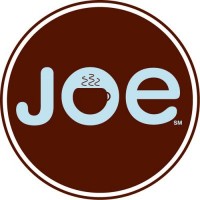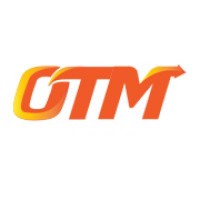Self-Employed Accounting vs. Self-Assessment Tax Returns
Self-employed
If an individual begins to work for himself/herself, then he/she is categorised as a sole trader or self-employed. An individual is usually classified as a sole trader if:
- He/she operates a business themselves and takes accountability for the success or failure of the business
- He/she has the ownership to choose when, where, and how to work
- He/she can hire or employee other people and pay them salaries for the work they have performed
- He/she provides the office staff with all the major equipment required to perform the business task
- He/she is in-charge for concluding any unacceptable work to meet the client requirement
- He/she decides the quotation of payment with the client
- He/she is involved in the following activities:
- Produces items to sell to earn profit
- Regularly sells products or services to earn profit for meeting personal needs
- Sells his/her products or services through online channels or via classified advertisements
- Receives commission by selling services or goods for other people
- Receives payment for the service provided to customers
An individual can be both self-employed and employed at the same time. For instance, an individual works as an employee during the day and runs his/her own business in the evening or vice-versa
Self-assessment
Any individual who is self-employed and operating a business in the United Kingdom is required to list the business with HMRC within 3 months from the date of starting the self-employed business. Self-assessment is a scheme used by HMRC to collect income tax. Self-employed individuals need to register for Class 2 National Insurance (NI) and self-assessment. The 10-digit Unique Taxpayer Reference (UTR) will be required for self-assessment and if a self-employed individual has signed up for the service online, he/she will be required to use the similar account details to file a tax return.
A self-employed individual is required to register for self-assessment if either of the below mentioned apply:
- Earning in excess of £1,000 from self-employment during the period 6-Apr-2017 to 5-Apr-2018
- If an individual is required to prove that he/she is self-employed, for instance, to claim Tax-Free Childcare
- If an individual needs to make voluntary Class 2 NI payments to qualify for benefits
Requirements of a self-employed accounting software
SME or small businesses can used a cloud-based accounting software or an excel spreadsheet to records all financial transactions. Accounting software are easier to use and requires little or no accounting knowledge. There are numerous accounting software available in the market and they can be customised to meet the exact requirements of the business depending upon the size and number of employees. Nowadays, most accounting software not only assist in preparing self-employed business accounts but also generate returns to be submitted to HM Revenue and Customs. Accounting software automates VAT returns, manage payroll etc. thereby, reducing paper work and simplifies the self-assessment process. Accounting applications can automate the calculation process and offer the self-employed individual an automated self-assessment tax return. The automation process which an accounting software can do, costs only a portion of the price a book keeper might charge for a similar service. Accounting software usually prepares the self-assessment tax return as the end product for a self-employed individual.
Advertise on APSense
This advertising space is available.
Post Your Ad Here
Post Your Ad Here





Comments